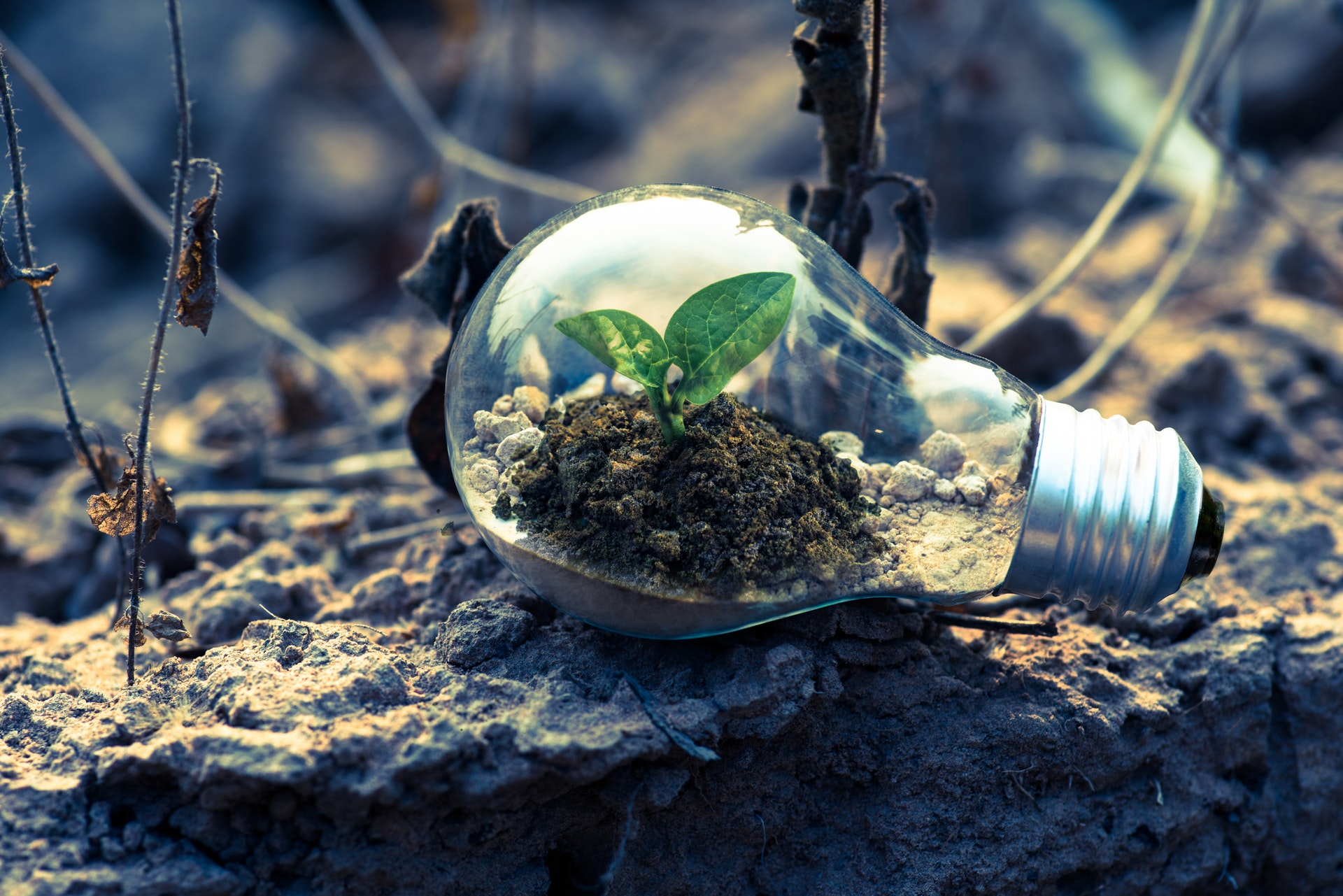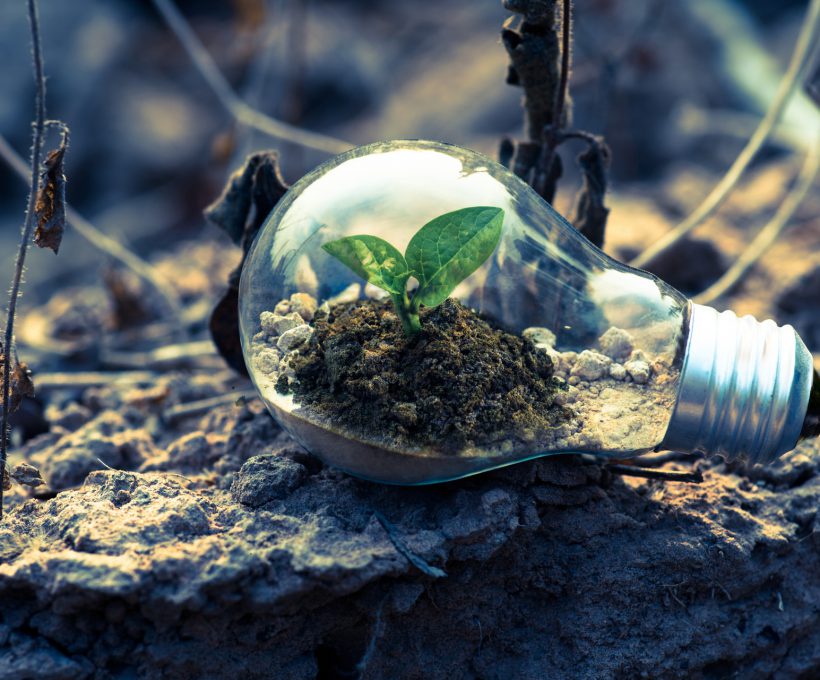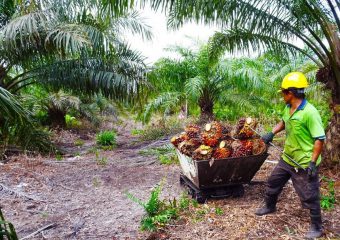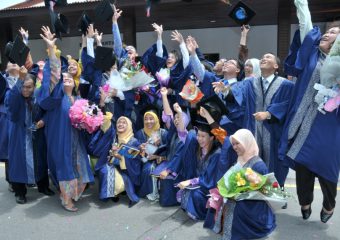We’re now in an era where going green matters, in which we become more aware of environmental issues like climate change and therefore more concerned about protecting our environment.
We see this through laws and policies that help preserve and conserve our unique forests and animals while ensuring that our land is used and developed in a sustainable manner.
And as members of society, more and more of us are adapting to the practice of using reusable shopping bags, recycling our rubbish and going paperless with the help of the apps on our smartphones.
In a sense, we are pursuing the green economy, which according to the United Nations Environment Programme; “is one that improves human well-being and builds social equity while reducing environmental risks and scarcities.”
For many countries, a green economy is necessary because it allows their economy to grow and diversify without jeopardising their non-renewable resources and threatening their environment, biodiversity and people’s quality of life.
Sarawak too is intensifying efforts towards a greener economy such as introducing the use of electric-powered buses for its public transportation, and the implementation of Green Building Index (GBI) on new government and private non-residential buildings.
With greater encouragement from the government to explore clean and green technologies comes the creation and transformation of jobs that essentially aim to benefit the environment.
These ‘green’ jobs can involve developing alternative energy, conserving resource consumption with high efficiency measures, reducing pollution and waste, and protecting the biodiversity.
Thus, if you want to contribute to the green economy in the long run, you should consider pursuing a ‘green career’.
As the green economy continues to evolve, you’ll find that there are many career pathways from a whole range of fields to choose from, be it agriculture, forestry, energy, engineering, environmental science, manufacturing, construction, transportation or even education.
You can opt for a green career as long as you have a basic understanding of environmental issues and sustainable development practices and policies on top of the hard skills you gain from your respective fields.
Together with essential soft skills such as creativity, complex problem solving, communication, people management and leadership, you will be on your way to a fulfilling career that strives to build a world that is low-carbon, resource-efficient and socially-inclusive.
This is a weekly column by SarawakYES! – an initiative driven by Faradale Media-M Sdn Bhd and supported by Angkatan Zaman Mansang (AZAM) Sarawak – to provide advice and stories on the topics of education and careers to support Sarawakians seeking to achieve their dreams. Join us on Facebook, Twitter, Instagram and YouTube.
This article first appeared on The Borneo Post, published in the print version on Saturday, May 11, 2019.
Photo by Singkham from Pexels.




